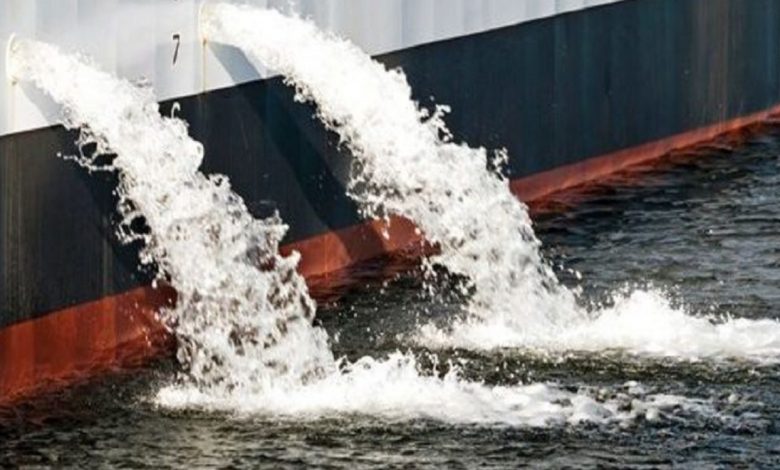Water management is often overlooked in the construction industry, yet it’s crucial for both economic efficiency and environmental sustainability.
This blog will explore the various facets of water management in construction, offering insights into its economic benefits, regulatory requirements, sustainable practices, and the latest tools and technologies.
For more insights on optimising your water management, Castle Water provides comprehensive services tailored to meet your construction needs.
Regulatory Compliance and Avoiding Penalties
Adhering to water management regulations is not just a legal necessity but also a means to avoid hefty fines and project delays.
In the UK, the Environmental Permitting Regulations (2010) and the Water Resources Act (1991) mandate strict guidelines for water usage and discharge on construction sites and may be an offence without prior approval from regulators such as The Environmental Agency (England and Wales) and the Scottish Environment Protection Agency (Scotland).
Implementing practices such as the Stormwater Pollution Prevention Plans (SWPPPs) and using approved dewatering techniques, ensures that your projects meet regulatory standards and operate smoothly without legal interruptions.
Sustainable Water Practices in Construction
Sustainable water management practices are becoming increasingly vital in the construction industry. There are many techniques that can reduce costs while also improving your brand image, such as rainwater harvesting and greywater recycling that not only conserve water but also reduce the environmental impact of construction activities.
Sustainable water practices yield significant economic benefits. By reducing reliance on municipal water supplies and minimising wastewater treatment needs, construction projects can achieve substantial cost savings, which will offset your initial investment in water-efficient systems through long-term reductions in water-related expenses, making these practices not only environmentally responsible but also economically advantageous.
Effective Water Management Methods
There are several innovative tools and techniques that can enhance water management on construction sites:
- Sediment Control Barriers: Silt fences and sediment basins prevent soil erosion and protect nearby water bodies from contamination.
- Stormwater Management Systems; Retention ponds and infiltration trenches effectively control runoff while reducing the risk of flooding.
- Automated Water Management Systems: Water flow metres optimise water usage for various construction processes, ensuring that water is used only when necessary while providing real-time data on water usage, enabling better monitoring and optimization.
- Smart Water Management Technologies: These technologies effectively manage water while greatly reducing the environmental impact of construction.
- Advanced Monitoring Systems: These systems track water usage in real-time, quickly identifying leaks and inefficiencies.
Cost Savings, Sustainability and Competitive Edge
Effective water management is essential for the sustainability and success of construction projects. By utilising advanced tools and sustainable practices, construction companies like yours can minimise their environmental impact, comply with regulations, and achieve significant cost savings.
As the industry continues to evolve, adopting innovative water management solutions will be crucial for staying competitive and meeting the growing demand for eco-friendly construction practices.
The future of construction is undoubtedly green, and water management is at the heart of this transformation. Let’s build a better, more sustainable world, one project at a time.

